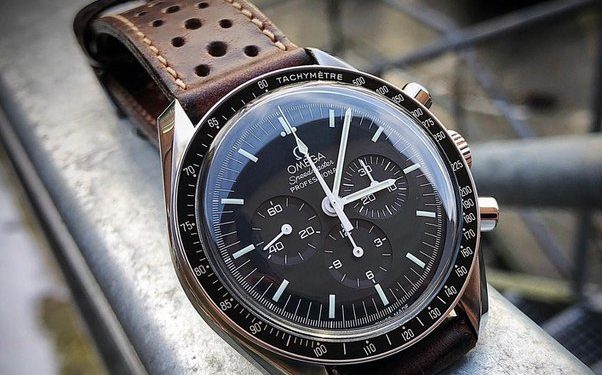Introduction
When it comes to luxury goods, Switzerland has established itself as a world-renowned hub for precision and craftsmanship. Among these, Swiss watches have earned a special place in the hearts of watch enthusiasts. However, there is often confusion surrounding the terms “Swiss Made” and “Made in Switzerland.” In this blog post, we’ll delve into the details and clear up the differences between these two designations.
Step 1: Swiss Made vs. Made in Switzerland
Swiss Made:
The label “Swiss Made” represents a coveted mark of excellence in the watch making industry. To qualify for this designation, a watch must meet certain strict criteria set forth by the Swiss government. The key requirements are as follows:
- Swiss Movement: The movement inside the watch must be Swiss, meaning it has been assembled and inspected in Switzerland. The movement is the mechanism that drives the watch and is often considered the heart of the timepiece.
- Swiss Components: Not only the movement but also other essential components of the watch, such as the dial, hands, and case, must be of Swiss origin. This ensures that a significant portion of the watch’s value is derived from Swiss manufacturing.
- Final Inspection: The watch must undergo its final inspection in Switzerland to ensure it complies with the highest quality standards.
Made in Switzerland:
On the other hand, the label “Made in Switzerland” is less stringent in its requirements compared to “Swiss Made.” While the watch is also produced in Switzerland, it may not meet all the stringent criteria necessary to bear the coveted “Swiss Made” label.
The key difference lies in the proportion of Swiss components used in the watch. A timepiece labeled “Made in Switzerland” may contain a mix of Swiss and non-Swiss components, and it may not necessarily use a Swiss movement.
Step 2: Understanding the Differences [Swiss made VS Made in Switzerland]
To explore the nuances between “Swiss Made” and “Made in Switzerland” further, check out this informative article: Swiss made VS Made in Switzerland. It offers a comprehensive comparison, helping you make an informed decision when purchasing your next Swiss watch.
Step 3: Conclusion
In conclusion, the terms “Swiss Made” and “Made in Switzerland” carry significant distinctions that can impact the value and quality of a timepiece. “Swiss Made” watches adhere to stringent criteria, ensuring that they are truly Swiss in origin and craftsmanship. On the other hand, “Made in Switzerland” watches may not fully meet these rigorous standards but are still produced within the country.
As a consumer, understanding these differences empowers you to make a well-informed choice based on your preferences and priorities. Whether you seek the pinnacle of Swiss horology or a quality timepiece with Swiss roots, both designations have their merits.
Next time you’re shopping for a Swiss watch, keep in mind the disparities between “Swiss Made” and “Made in Switzerland.” Choose the one that aligns best with your values and aspirations, and rest assured that you’ll be acquiring a piece of the hierological heritage that Switzerland is renowned for. Happy watch hunting!





